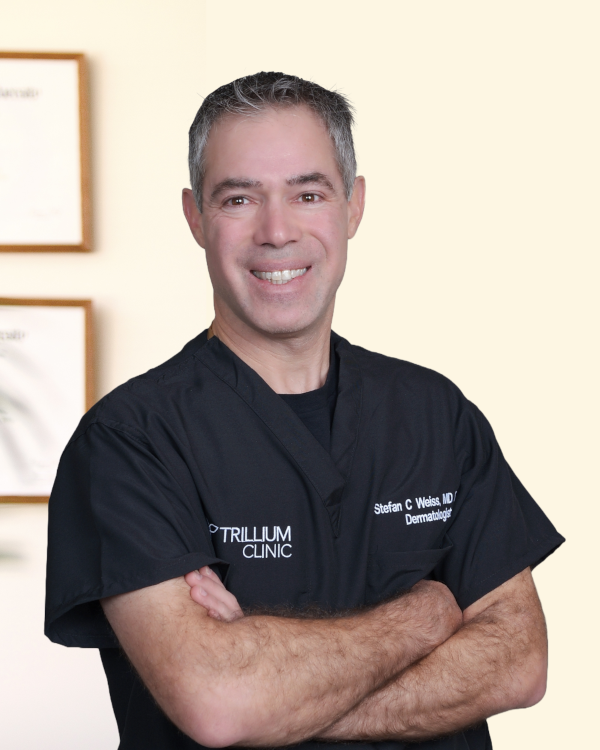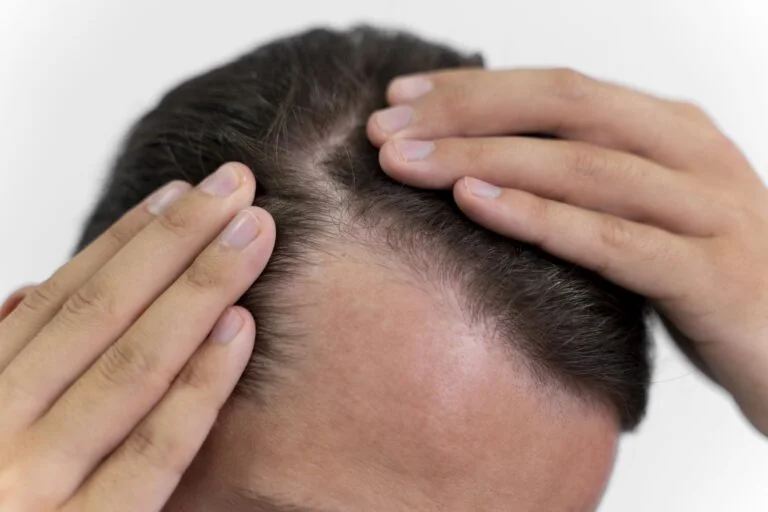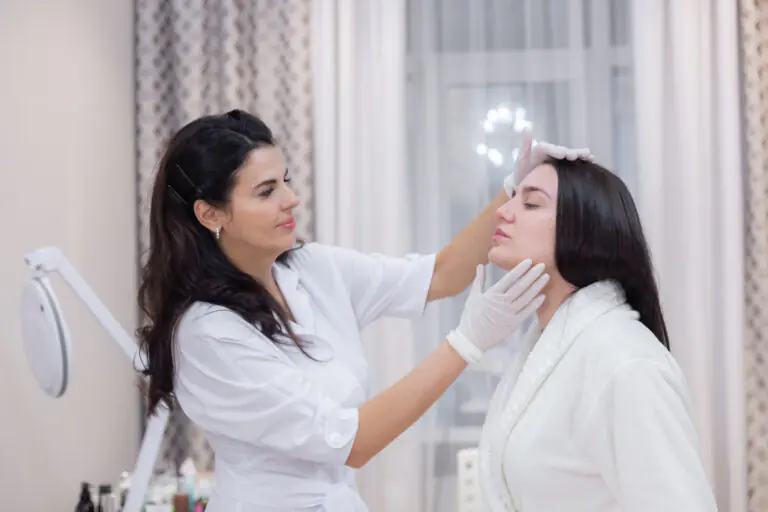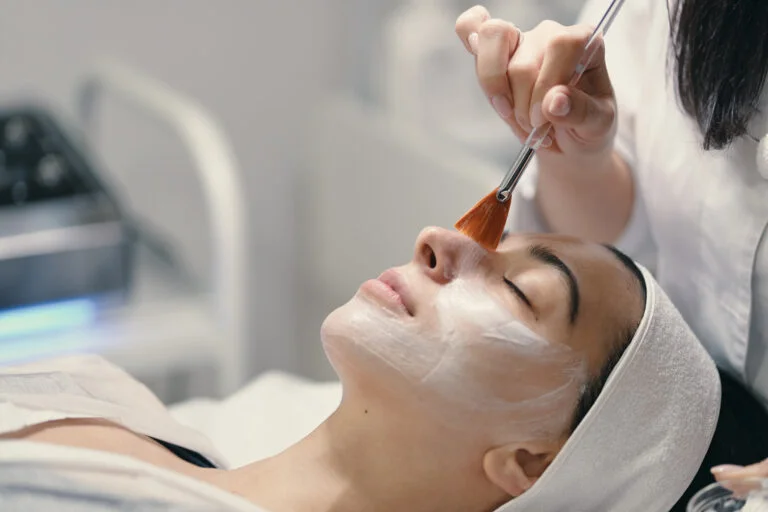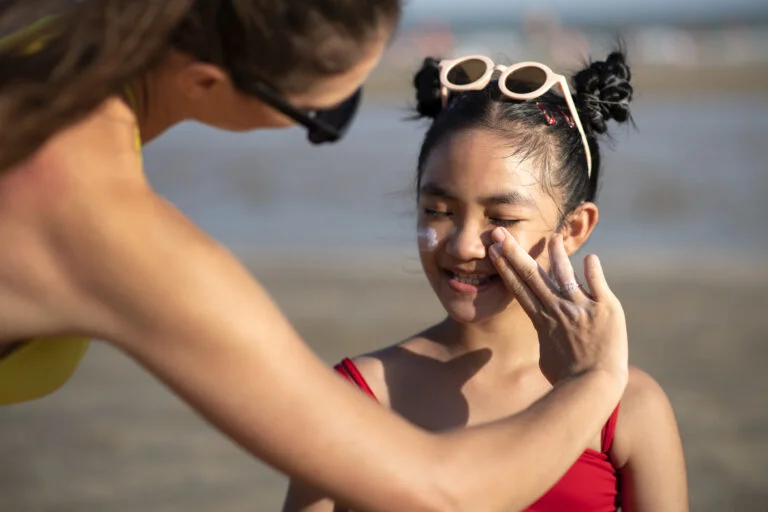Hair loss is a common concern that affects millions of people worldwide, both men and women.
While it’s normal to lose some hair every day, excessive hair loss can be distressing and can
significantly impact one’s self-esteem. Whether you’re noticing thinning hair, bald spots, or an
increased amount of hair in your brush or shower drain, it’s important to understand the causes
of hair loss and explore the available hair loss treatment options. In this blog post, we’ll dive into the reasons behind hair loss, discuss various treatment methods, and will offer tips for prevention.
What Causes Hair Loss?
Hair loss, or alopecia, can be triggered by a variety of factors. Some of the most common
causes include:
Genetics:
The most common cause of hair loss is genetic, known as androgenetic alopecia or
male/female pattern baldness. This genetic condition impacts both men and women, often manifesting in predictable patterns: men may experience a receding hairline or thinning at the crown, while women typically face overall hair thinning.
Hormonal Changes:
Hormonal imbalances due to pregnancy, childbirth, menopause, or thyroid problems can lead to
temporary or permanent hair loss. Conditions such as polycystic ovary syndrome (PCOS) can also contribute to hair thinning.
Medical Conditions:
Certain medical conditions, such as alopecia areata (an autoimmune disease that attacks hair
follicles), scalp infections, and trichotillomania (a hair-pulling disorder), can result in hair loss.
Other health issues, like lupus or diabetes, can also contribute to hair loss.
Medications and Treatments:
Hair loss can be a side effect of certain medications, including those used for cancer, arthritis,
depression, heart problems, and high blood pressure. Treatments like chemotherapy and
radiation can also cause hair loss.
Nutritional Deficiencies:
A diet lacking essential nutrients, such as iron, protein, and vitamins, can lead to hair thinning
and loss. Poor nutrition can weaken hair follicles and slow down hair growth.
Stress:
Physical or emotional stress can cause hair to enter a shedding phase, leading to noticeable
hair loss. This type of hair loss, known as telogen effluvium, is usually temporary, but it can be
distressing.
Hairstyling and Treatments:
Frequent use of harsh hair treatments, such as dyes, perms, and relaxers, as well as excessive
heat styling or tight hairstyles like braids and ponytails, can damage hair and cause it to fall out.
Treatment Options for Hair Loss
The good news is that there are several hair loss treatment options available depending on
the cause and severity. Here are some of the most common approaches:
Medications:
Minoxidil (Rogaine): An over-the-counter topical treatment that stimulates hair growth and slows
hair loss. It’s applied directly to the scalp and is suitable for both men and women.
Finasteride (Propecia): A prescription medication for men that helps inhibit the conversion of testosterone into dihydrotestosterone (DHT), a hormone responsible for shrinking hair follicles. It’s taken orally and can slow hair loss and promote regrowth.
Hair Transplant Surgery:
For more advanced cases of hair loss, hair transplant surgery may be an option. This procedure
involves moving hair follicles from a part of the body where hair is thicker (usually the back of
the scalp) to areas where hair is thinning or balding. The results are generally long-lasting, but
the procedure can be expensive and involves a recovery period.
Laser Therapy:
Low-level laser therapy (LLLT) is a non-invasive procedure that utilizes red light to activate hair follicles and encourage hair growth. This treatment is available in clinics or through devices designed for home use, such as laser combs or helmets.
Exosome Therapy:
Exosome therapy involves scalp microneedling and then coating the exosomes into your scalp.
The growth factors in exosomes are believed to stimulate hair growth and improve hair
thickness.
Scalp Micropigmentation:
For individuals seeking to achieve the look of fuller hair without resorting to surgery, scalp micropigmentation offers a cosmetic solution. This procedure involves tattooing tiny dots onto the scalp to mimic the appearance of natural hair follicles.
Wigs and Hairpieces:
For those who prefer not to pursue medical treatments, wigs, and hairpieces offer an immediate
solution for covering hair loss. Today’s options offer a more natural appearance and enhanced comfort.
Tips for Preventing Hair Loss
While not all hair loss can be prevented, there are steps you can take to reduce your risk and
keep your hair healthy:
Maintain a Healthy Diet:
Ensure your diet includes plenty of vitamins, minerals, and protein to support hair health. Foods
rich in iron, zinc, and omega-3 fatty acids are particularly beneficial.
Be Gentle with Your Hair:
Avoid harsh treatments, excessive heat styling, and tight hairstyles that can cause breakage
and hair loss. Use a wide-toothed comb to detangle wet hair and minimize damage.
Manage Stress:
Practice stress-reducing practices like yoga, meditation, or regular exercise to help prevent hair loss related to stress.
Protect Your Hair from the Sun:
Extended exposure to the sun can weaken hair and make it brittle. To protect your hair, wear a hat or use hair products with UV protection when outdoors.
Avoid Smoking and Excessive Alcohol Consumption:
Both smoking and excessive alcohol intake can contribute to hair loss by affecting circulation
and reducing the absorption of essential nutrients.
Regular Scalp Care:
Keep your scalp clean and free of buildup by washing your hair regularly with a gentle shampoo.
Consider using a scalp scrub or treatment to promote a healthy environment for hair growth.
When to See a Doctor
If you’re experiencing sudden or significant hair loss, it’s important to consult with a healthcare
provider or dermatologist at a reputable dermatology clinic in Chapel Hill. They can help determine the underlying cause of your hair loss and recommend the most appropriate treatment options. Following expert hair loss tips and seeking early advice can make a big difference in managing hair loss and preserving your hair.
Conclusion
Hair loss is a common issue that can have a profound impact on your confidence and self-
image. However, with the right knowledge and treatment plan, it’s possible to manage hair loss
and even regrow hair. By understanding the causes of hair loss and exploring the available
treatment options, you can take control of your hair health and find a solution that works for you.
Remember, if you’re concerned about hair loss, don’t hesitate to seek professional advice to
address the issue and begin your journey towards healthier and fuller hair.

